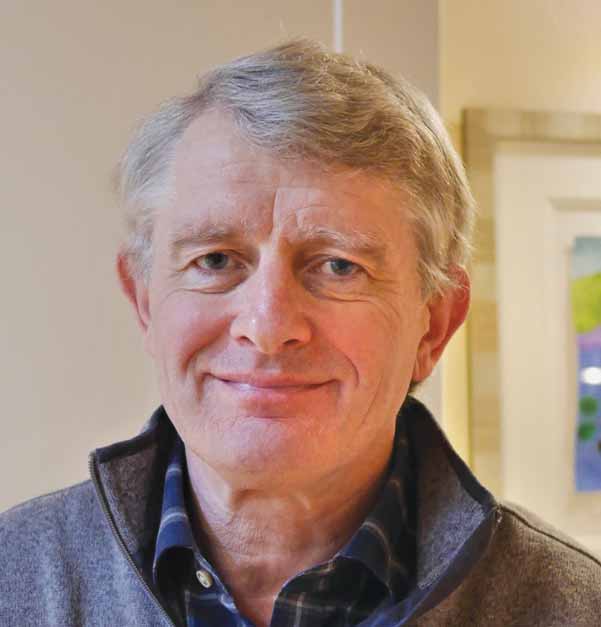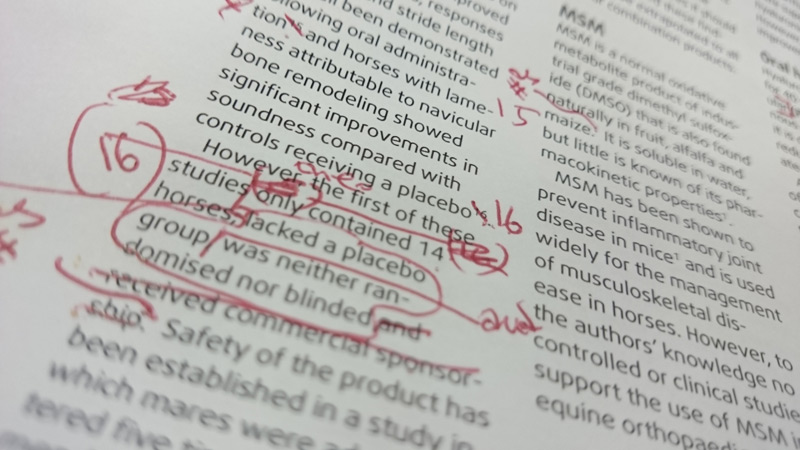
BVetMed, MRCVS
PO Box 6096, Windsor Delivery Centre, NSW 2756, Australia.
T +61 2 4577 7061
M +61 437 2928 00
PROPOSERS: Roger Meacock, Andrew Stephens
1980s – woke from vet-school induced stupor to realisation junk pet-food industry relies on bogus science and negligent vet “profession”.
1991 – Blew whistle on junk pet food cult.
1993 – Preventive dentistry PGCVS.
1994 – Feeding versus nutrition, Aust Vet Practice.
1994 – Cybernetic hypothesis, J Vet Dent (postulates ecological theory of health and disease as extension of Gaia Hypothesis).
1994-7 – Junk pet food cult brought four disciplinary actions before New South Wales vet board.
1995 – Periodontal disease and leucopaenia, JSAP.
2001 – Raw Meaty Bones: Promote Health published.
2004 – Nominated for ACVSc award.
2014 – Most supportive vet award; FOI research: junk pet food grease in seven Australian vet schools.
2015 – Science death experiment.
Manifesto
Pompous, arrogant, mouthing incantations, the vet high priests worship at the altar of bogus science. Founded on fallacy, they oversee the junk food poisoning of pets, betrayal of consumers and brainwashing of vet students.
They must be stopped.
Morgan Spurlock embarked on a risky experiment. For 30 days he ate junk food at every meal. He gained 11kg, his liver turned to fat, cholesterol shot up and he doubled his risk of heart failure. Fortunately for Spurlock, he escaped addiction to junk food, followed his doctor’s orders and stopped the experiment.
The medical profession tells us carbohydrate-laden junk food injures health; that periodontal inflammation and obesity are precursors of systemic disease and early death. By contrast, the junk pet food industry controls the veterinary agenda. Vet schools deliver industry-funded propaganda on diabetes, periodontal disease and obesity – while simultaneously ensuring pious mumbo-jumbo obscures the despicable, lamentable truth.
Vet “experts” jet about the world spruiking the latest concoctions; extolling the alleged benefits of elaborate treatments instead of declaring that junk food contaminates all aspects of vet science, teaching and practice. According to them, natural food, as determined by evolution, is dangerous while their paymaster’s industrial junk represents the pinnacle of excellence.
For 20 consecutive RCVS elections, I’ve called for our “self-regulating” profession to act with integrity and honour. Alas, the high priests refuse even to consider. Time, then, for the courts to decide. I recommend legal proceedings against the RCVS, junk food companies, veterinary schools and individuals in respect to animal cruelty, breach of contract, theft and fraud.
Please vote in support; instruct your lawyers and brief the media. Pets, pet owners and the wider community need our help. Thank you.
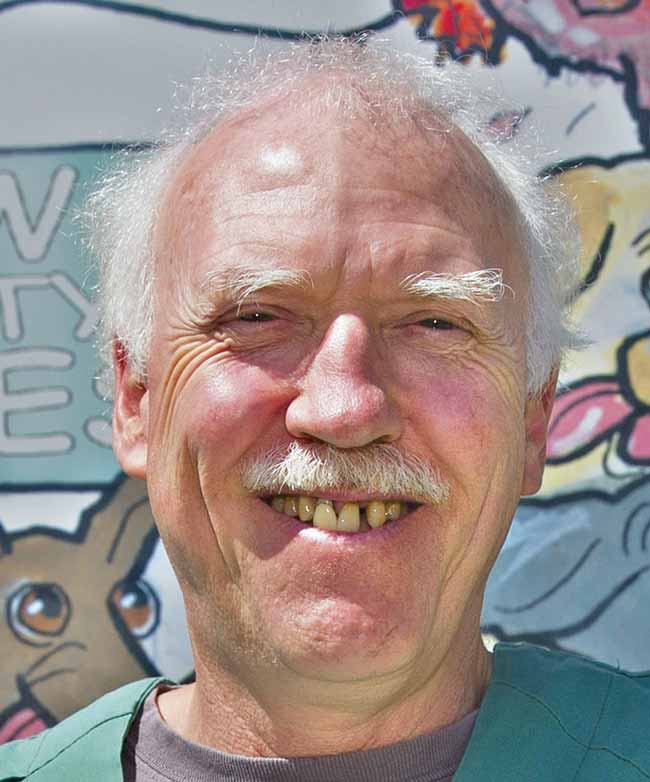
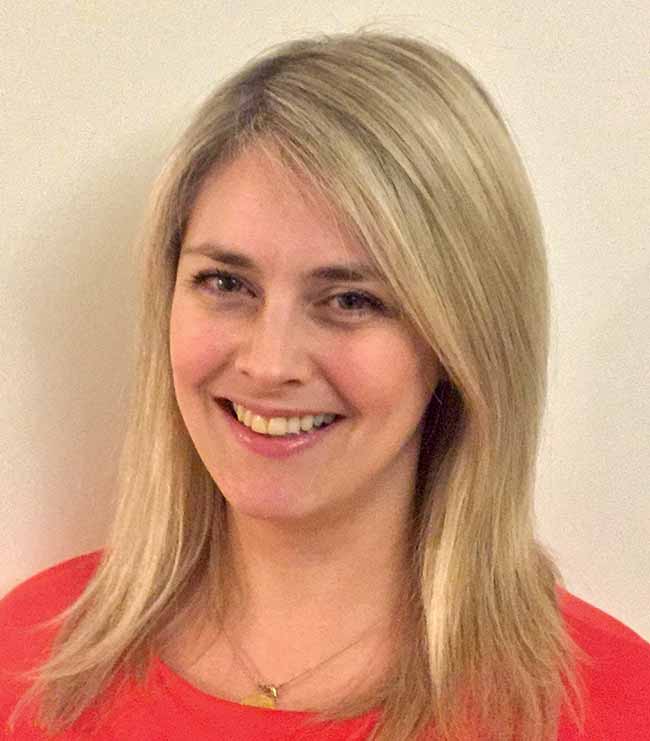

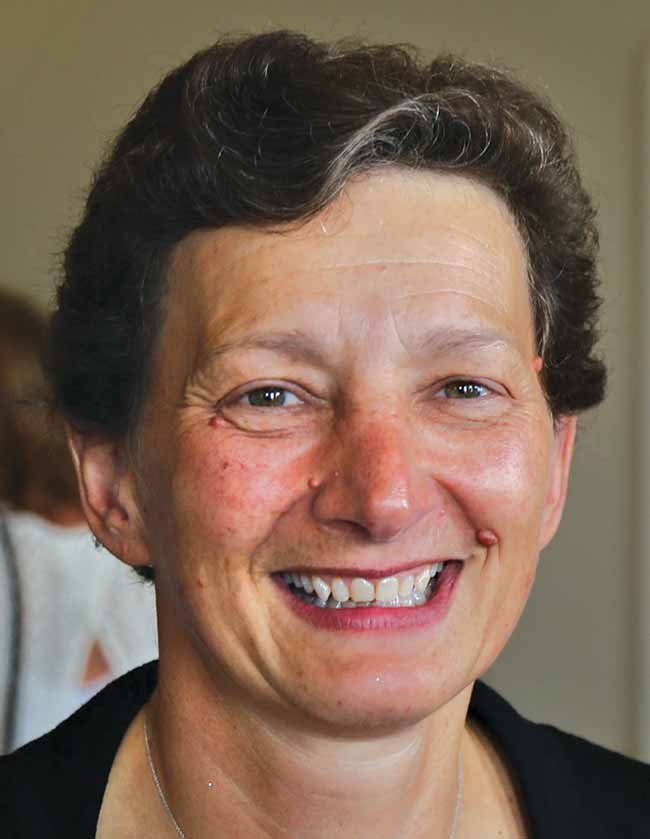

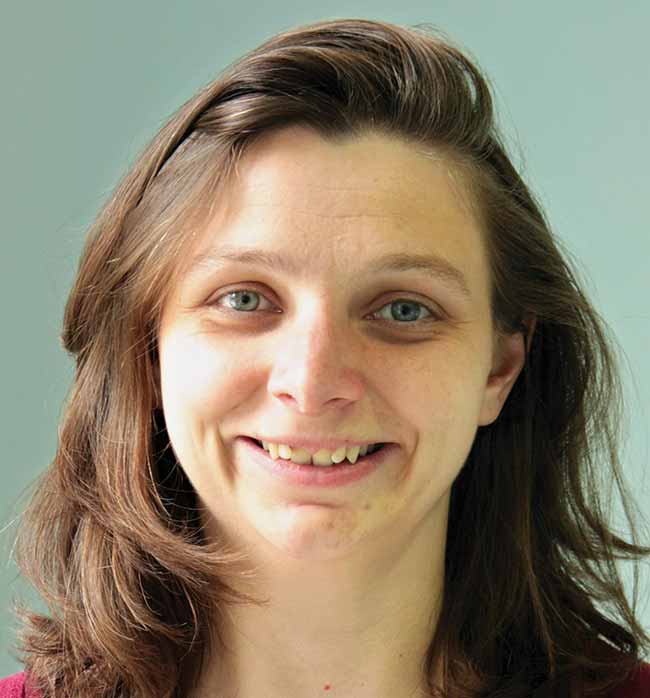
 MA, VetMB, DipECVECC, DipACVECC, DipACVIM, FHEA, MRCVS
MA, VetMB, DipECVECC, DipACVECC, DipACVIM, FHEA, MRCVS